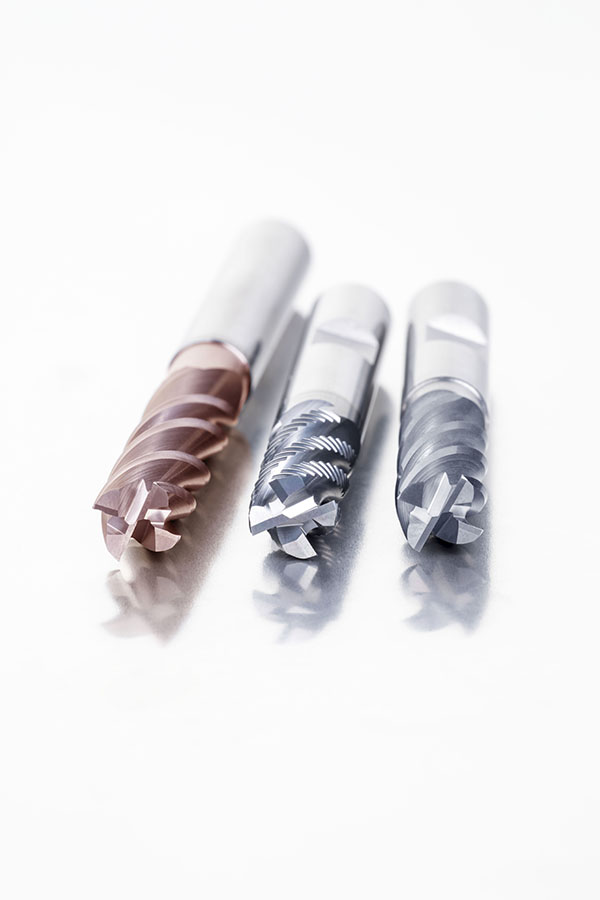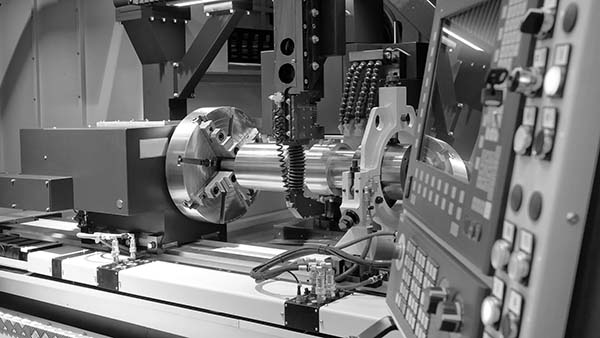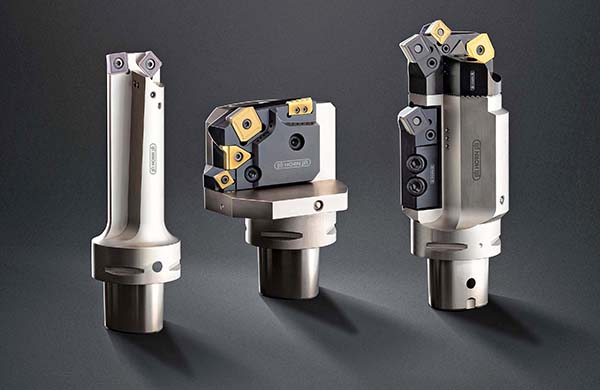
Dormer Pramet has launched a new generation of solid-carbide five-flute end mills, specifically for dynamic milling in general machining and mould and die applications. The company’s S7 assortment covers a wide range of operations in a variety of steels, cast irons and difficult-to-machine materials, including stainless steels and super alloys.
These latest additions – S770HB, S771HB, S772HB and S773HB – offer up to 25% more feed rate potential compared with four-flute cutters. All feature a positive rake angle for smooth cutting action and to reduce the risk of work-hardening. An AlCrN coating provides thermal stability, reduced friction, high wear resistance and prolonged durability.
The S771HB and S773HB cutters are suitable for narrow pocketing, trochoidal slotting and profiling applications. These end mills include a chip divider to break swarf into manageable smaller pieces, helping to reduce spindle load and increase metal removal rates. This capability provides a 50% larger width of cut in comparison to tools without a chip divider.
Dormer Pramet’s S770HB and S772HB are more suitable for profiling, trochoidal slotting, and semi-finishing applications, offering maximum productivity due to optimal metal removal rate and reduced machining time.
Meanwhile, Dormer Pramet has added three multi-application high-performance cutters to its S7 range for use on both CNC and conventional machine tools. The new additions – S722HB, S765HB and S768 – support most common operations, such as slotting, plunging, contour milling, ramping and copy milling in various materials.
Finally, the company has added a new solid-carbide cutter to enhance its assortment of end mills for hardened steel above 49 HRc. The S561 is specifically for high-performance milling in a variety of applications, including mould and die machining.
For further information
www.dormerpramet.com























